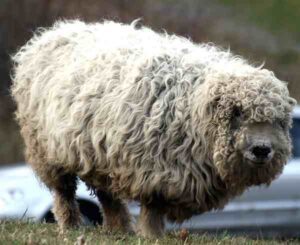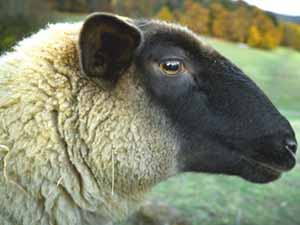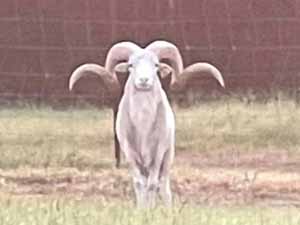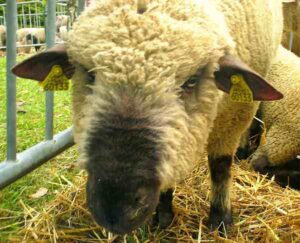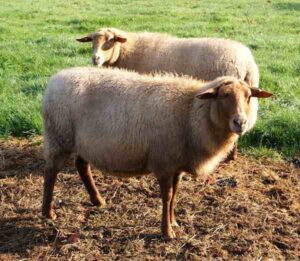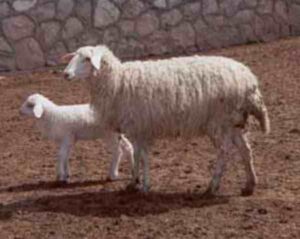The Black Hawaiian sheep is a relatively rare breed of sheep with limited distribution and also limited availability. It is a very beautiful breed with distinctive look. It is mainly found in North America and the Black Hawaiian ram hunting is very popular among the hunters within this region.
These sheep look like an athlete with a lean and sleek form. It is a meat breed and hunted mainly for their meat. Global population is not much and there are fewer Black Hawaiian rams available than many other common sheep breeds. And it is considered as a rare breed.
Origin and history of Black Hawaiian Sheep
The Black Hawaiian sheep breed originated from North America. Although, there is no exact origin for this breed, and there is some controversy on how Black Hawaiian breed was started. Some people say, ‘Black Hawaiian is the result of a cross breeding between Mouflon and black hair sheep from the Hawaiian island’. On the other hand, others say they are Barbados with a dilution of the red color gene making them black.
Characteristics
The Black Hawaiian sheep are large in size and black in color, with some rams having a little white color on the muzzle around the nose. Sometimes some animal have an outer coat of reddish colored wool. The Black Hawaiian ewes can either be horned or polled. But the rams always have horns which are dark and grow up, back, down, forward, up, and out. They often have a nice beard on their neck which is thick.
The males develop jet black horn initially and then the horns turn to a deep brown color as the ram ages. Average length of the mature rams horn is between 20 and 39 inches. Horn of some rams can even grow to a length of upto 40 inches.
Average height of the Black Hawaiian rams is between 21 and 31 inches at the withers. And average body height of the ewes is between 20 and 27 inches at the withers. Rams are larger in size as compared to ewes with an average live body weight between 34 and 90 kg. And average body weight of the mature Black Hawaiian ewes is between 30 and 65 kg.

Dietary requirements
The Black Hawaiian sheep are fed on wild vegetation. Their natural diet consists of green grasses, plants, shrubs, weeds and herbs. Availability of a pasture with enough green foods will help them to stay healthy, active and productive.
Housing requirements
Housing requirements of these sheep are minimum. They generally live under a large tree or something else which can provide shelter, especially during the adverse weather conditions.
Reproduction
The Black Hawaiian sheep are naturally very good breeders. After successful mating, a ewe become pregnant. Their average gestation period is around 6 months. They are not seasonal breeders and generally breed throughout the year. The ewes produce 1-2 lambs per kidding.
Behavior
The Black Hawaiian rams tend to be very aggressive toward other rams. They are often found fighting with others for dominance and territory. But the ewes are generally gentle in nature.
Lifespan
Average lifespan of the Black Hawaiian sheep is between 10 and 15 years.
Popularity and price
The Black Hawaiian sheep are popular among the hunters in their native regions. Average Black Hawaiian trophy fee can vary from $500 to $5000.
Uses
The Black Hawaiian is a meat sheep breed. It is popular among the hunters for using their meat. The meat is of very good quality.
Hunting
The Black Hawaiian sheep hunting is a unique adventure people often enjoy on the Big Island of Hawaii. These sheep generally live in rocky, hilly, and forested areas. That’s why hunting them is very challenging. Hunters often use binoculars for spotting the sheep from a long distance. The hunting seasons are regulated by Hawaii’s wildlife authorities. And all the hunters must follow specific rules. Hunting these sheep also gives the hunters opportunity to enjoy the beautiful Hawaiian landscapes.
Black Hawaiian is a wild sheep breed with great popularity among the local hunters. Hope this guide has helped you. Consider sharing this article with friends and family members if you find it helpful. Good luck and may God bless you!
